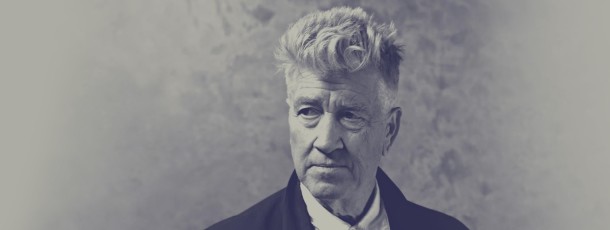TOP LESSONS ON FILMMAKING, DAVID LYNCH-By Bhushan Maharani
David Lynch is an American director, screenwriter, visual artist, musician, actor, and author. He believes that an idea is everything. And while success comes and goes and money comes and goes, the ideas that you have stay forever. The following is some advice from David Lynch about the secret to his success over the years.
The thrill is in the hunt for a good idea:
“Ideas are like fish. If you want to catch little fish, you can stay in the shallow water. But if you want to catch the big fish, you’ve got to go deeper. Down deep, the fish are more powerful and more pure. They’re huge and abstract. And they are very beautiful”-David Lynch
We will never know an idea until it enters our conscious mind. So by transcending, you start expanding that consciousness, making the subconscious conscious. You will start to catch ideas on a deeper level. And they tend to develop and have more of a thrill and story. Catching more ideas will start to get easier, along with added self-confidence. Not everyone will feel this when they start out but it tends to come out as you go along.
Everything must serve to push the idea forward:
“I don’t think about technique. The ideas dictate everything. You have to be true to that or you’re dead”- David Lynch
There will always be a plot and there will always be a story that makes sense to you. However in the actual story, there are always things that are much more abstract. There are feelings, and cinema can say feelings and can say abstract thoughts. Cinema can go back in time, or forward, and it is very magical. But you can’t just do it. You do it to realise the ideas you fall in love with. It’s a wonderful feeling to find an idea that you are absolutely in love with.
Don’t ignore your transitions:
“I think that commercials can really ruin a song. You know that the person sold the song for a good deal of money, and that was the trade off. But, music and picture can marry in a beautiful way, and the reverse also”- David Lynch
Cinema is very close to music. In music, lots of times you have different sections, so a very loud, very fast technique and then very, slow; very high things and very low things. It is all moving forward at a very certain pace, and everybody knows that the piece of music written on the page, that a certain conductor with a certain orchestra can get something so profoundly above the others. It truly is a wonderful thing. Cinema moves through time, kind of like music. One of the things that is important is that these transitions between one thing and another, one thing flowing into another.
